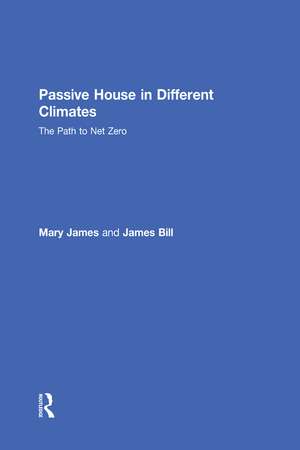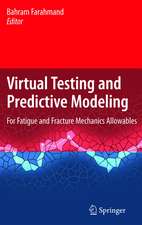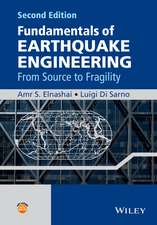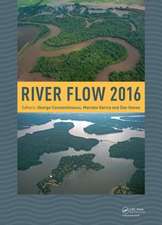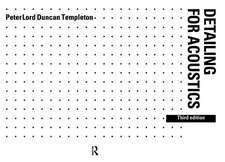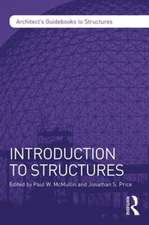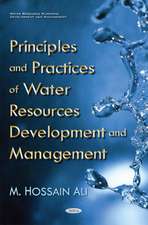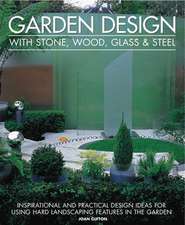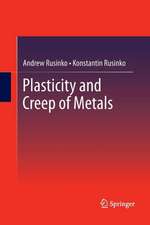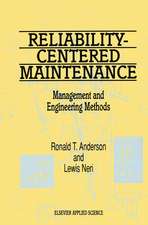Passive House in Different Climates: The Path to Net Zero
Autor Mary James, James Billen Limba Engleză Hardback – 22 iun 2016
| Toate formatele și edițiile | Preț | Express |
|---|---|---|
| Paperback (1) | 376.34 lei 6-8 săpt. | |
| Taylor & Francis – 22 iun 2016 | 376.34 lei 6-8 săpt. | |
| Hardback (1) | 996.69 lei 6-8 săpt. | |
| Taylor & Francis – 22 iun 2016 | 996.69 lei 6-8 săpt. |
Preț: 996.69 lei
Preț vechi: 1334.60 lei
-25% Nou
Puncte Express: 1495
Preț estimativ în valută:
190.73€ • 199.38$ • 161.18£
190.73€ • 199.38$ • 161.18£
Carte tipărită la comandă
Livrare economică 06-20 martie
Preluare comenzi: 021 569.72.76
Specificații
ISBN-13: 9781138904033
ISBN-10: 1138904031
Pagini: 216
Ilustrații: 158
Dimensiuni: 219 x 276 mm
Greutate: 1 kg
Ediția:1
Editura: Taylor & Francis
Colecția Routledge
Locul publicării:Oxford, United Kingdom
ISBN-10: 1138904031
Pagini: 216
Ilustrații: 158
Dimensiuni: 219 x 276 mm
Greutate: 1 kg
Ediția:1
Editura: Taylor & Francis
Colecția Routledge
Locul publicării:Oxford, United Kingdom
Public țintă
Professional and Professional Practice & DevelopmentCuprins
1. Seven Principles of Passive House Design 2. Applying Passive House Principles in Different Climates 3. Evolving Passive House Standards Part 1: Marine 4. Cohousing for Seasoned Folks Case Study: Cohousing development with six units, Green Hammer, Portland, OR 5. Orchards at Orenco Case Study: 57 Units of Workforce Housing, Ankrom Moisan Architects, Hillsboro, OR 6. Renovating a Family Pharmacy Case Study:Retrofit of a pharmacy, Paul McNally, Clonmel, Ireland 7. The Existing District of Tomorrow Case Study: Retrofit of 153 rowhouses, TeekenBeckersArchitects and Zuyd University, Kerkrade, Netherlands Part 2: Cold and Very Cold 8. TAO House Case Study: Single-family dwelling in a cohousing community, NEEDBASED, Taos, NM 9. Building with Straw Case Study: Single-family home, Createrra, Bad Deutsch, Austria 10. Warren Woods Ecological Field Station Case Study: University of Chicago Laboratory, GOLogic, Three Oaks, MI 11. Kolla School Case Study: New primary school, Kjellgren Kaminsky Architecture, Kungsbacka, Sweden Part 3: Mixed-Dry and Hot-Dry 12. Conversion of an 1880s Hay Barn Case Study: Single-family house retrofit, VAND arquitectura, Arcones, Spain 13. Taller Passivhaus México Case Study: Retrofit of single-family dwelling, Inhab, Mexico City, México 14. Casa Troni-Brien Case Study: Net-zero single-family dwelling, Arquiambiente, Lo Barnechea, Chile 15. Library of Villamediana de Iregua Case Study: Public Library, PlayArquitectura, Villamediana, Spain 16. Adjoining Office and Residential Buildings Case Study: New construction, Schoberl and Poll, Zhouzhuo, China Part 4: Mixed-Humid and Hot-Humid 17. A Brooklyn Row House Revived Case Study: Retrofit of a townhouse, Jane Sanders and Build with Prospect, Brooklyn, NY 18. Mamaroneck EnerPHit House Case Study: Single family retrofit, A.M. Benzing Architects, Mamaroneck, NY 19. Ivy City Passive Townhouses Case Study: Six townhouses, Zavos Architecture+Design, Washington, D.C. 20. Zero Energy Design House Case Study: New construction, ZedMJ Architects, Iksan, Korea Bibliography Index
Notă biografică
Mary James is a science writer who specializes in covering building energy efficiency. She has written several books about passive buildings in North America.
James Bill is president of Zero Impact Architecture and a founding member of Passive House California.
James Bill is president of Zero Impact Architecture and a founding member of Passive House California.
Descriere
Passive House in Different Climates introduces the seven Passive House principles, to help you create super-insulated, airtight buildings that require minimal energy use to heat, cool, dehumidify, and ventilate, with superior indoor air quality and year-round comfort.
